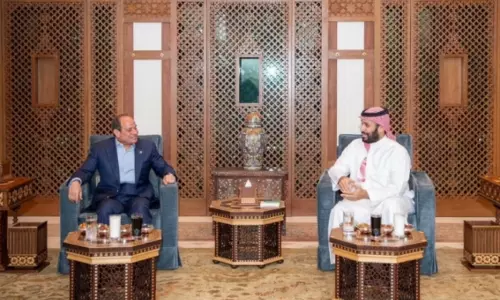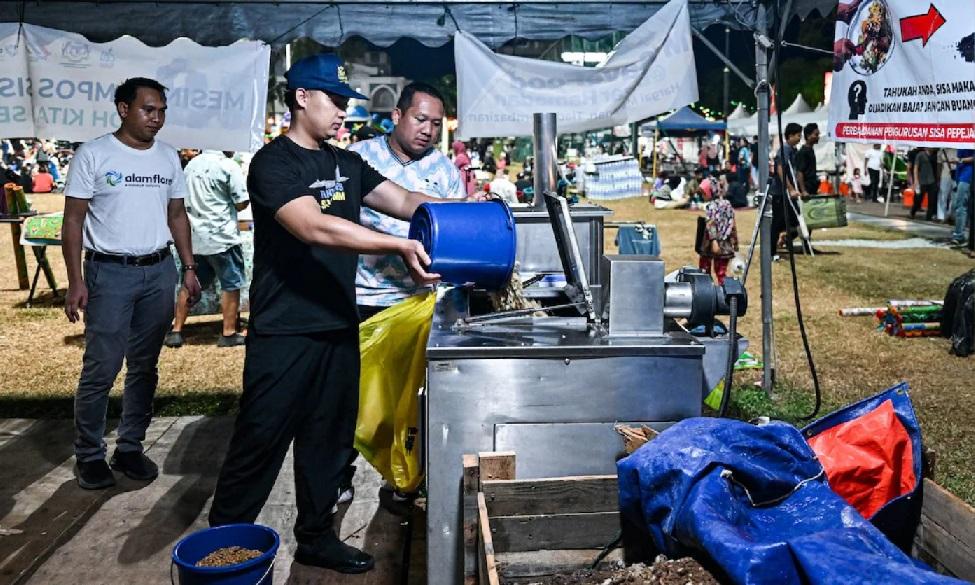
This Malaysian state converts Ramadan food waste into fertiliser!
text_fieldsKuantan: Next to a mosque in Malaysia, the leftover food after breaking fast in Ramadan are converted into organic fertiliser for crops. A machine does the job, an initiative intended to reduce wastage since a huge amount of food leftovers are thrown away daily in the month of Ramadan, Agence France-Presse reported.
The initiative was started by the government in the central state of Pahang.
The food processing machine is portable and is deployed in a park in the capital of Pahang state, Kuantan, where many families gather every evening to eat cheap local dishes after breaking the fast.
The machine processes 25 kilograms of food scraps a day, according to the state director of Solid Waste and Public Cleansing Management Corporation, Sharudin Hamid said. The state started the pilot project last year.
Though Sharudin admits that the amount the machine converts is a tiny fraction of the more than 13,000 tonnes of food sent to landfills every day, which is more than that in Ramadan, he says that the new initiative is helping increase awareness about food wastage.
Sharudin told AFP that the main objective was to ensure that food waste is not sent to landfills. He said that the initiative is making a significant impact among people, making them more aware of environmental conservation, particularly in terms of food waste reduction.
The machine takes food waste and mixes it with rice husk and sawdust for 48 hours. After that, brownish-coloured waste is packaged and distributed among farmers as fertiliser for their crops.
A local, who sees it as a constructive project, told AFP that food items that grow out of the fertiliser can also become food, which could be composed into fertiliser again, which is a natural cycle.
Another individual uses organic liquid fertiliser derived from recycled food waste on her small plot near the city. She grows vegetables, bananas, and pineapple crops and receives 30 kilograms of fertiliser every month and slightly more during Ramadan.
She told AFP that she had stopped using expensive chemical fertilisers in June of last year and started using natural and organic fertilisers from recycling machines. She says that the new fertiliser has boosted her productivity, adding that her leafy vegetables are bigger and greener.























